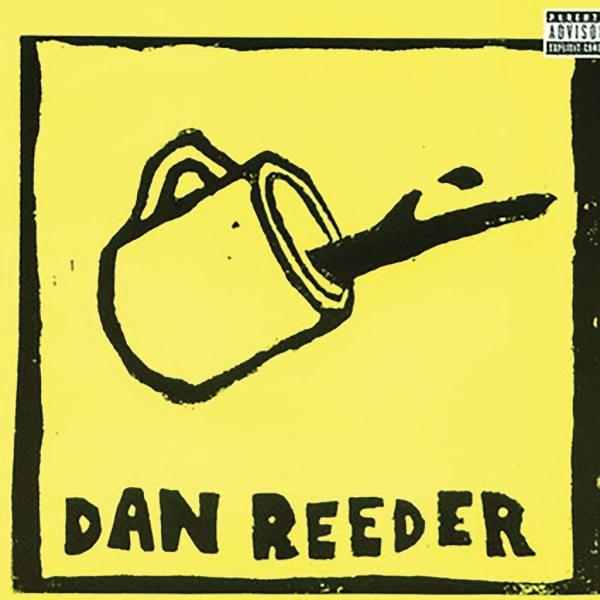The harms and effects of the digital age and music: Access and experience
Music has always been a necessity in people’s lives and a fundamental aspect of our society. So how has it adapted to the modern age of technology?
The technology developed during the past two decades has had a large impact on the music we listen to. Modern innovations from analog tape machines to the cell phones you constantly have in your hand today have had a dramatic impact on accessibility, the drive to create music, and artists’ success. While the digital age has provided many benefits, there are several aspects of technology that have caused setbacks in the music industry.
According to Chicago DJ (and my family member) Courtland Green, in 1999, physical distribution of records and CDs was skyrocketing. This period of growth lasted nearly a quarter of a century, t0 the early 2000s. This age of physical distribution was an idealistic reality for record stores and labels.
This period of time came to an end with the beginning of the digital age, changing music drastically. Physical distribution and traditional, less convenient forms of listening to music such as CDs and records, are now overshadowed by streaming services. This resulted in a necessary renovation for the music industry to maintain the changes of modern advancements, according to Green.
The internet has become such a primary aspect of our lives, often replacing certain experiences with the convenience of a phone or computer screen, that we often forget how gratifying traditional forms of music are.
There was a connection with having to push their limits, go out and physically find people they were artistically suitable with, spend time in a studio, and perform to a crowd that isn’t meticulously curated.
Although this is still prominent today, there was a certain ambition without the assistance of technology. You had to make yourself seen through personal connections, and performances, as opposed to an Instagram post.
When asked how the accessibility of technology has helped or decreased the success of artists, Brian Foote, an employee for the independent record label Kranky said, “If the goal is to make it easier for people worldwide to hear music from any given artist, it has definitely helped in that regard, unfortunately, it’s at the expense of the industry at large and individually for any artist that is a going concern to be able to be financially rewarded to a degree where they might make enough to focus their time to make more music for people to enjoy.”
Although platforms including Spotify, Apple Music, Itunes, and other streaming services allow artists a convenient resource to independently produce their music, these apps supply very little income for creators to have a sufficient career.
Before modern technology, artists and bands usually had to sign a contract with a record label to produce and create music. Then records, CDs, and tapes were distributed and sold. Now with the accessibility of technology, these aren’t necessary steps.
There are many benefits to independently releasing your music, such as not having to sign corporate labels which often come with many issues for artists.
That being said, these streaming services produce little to no money. One of the most popular services Spotify, pays $0.001 to $0.008 per stream. Even with a decent amount of listeners, the majority of the money goes towards the service itself, leaving only a few cents for the artists per stream. Statistically an artist would earn between 1,000 to 8,000 if a song was played a million times using Spotify.
Compared to selling physical copies of records, CDs, and tapes, digital forms of music pay nearly nothing. The process of producing physical copies costs more than releasing music online, however $0.001 to $0.008 is miniscule compared to $15 to $50 or more, which is the price of most records.
Despite the many disadvantages of modern technology in the music industry, there are many benefits as well.
When it comes to the benefits of modern technology, disk jockey, and former record store Reckless Records employee Green said, “It was a lot harder to find music that wasn’t subjective to the region you were in. Location played an important role in music. If you were in the Portland punk scene you’d know the Wipers and Poison Idea, as opposed to Bad Brains. Of course, there were magazines and such, but oftentimes someone in the middle of Nebraska would have a hard time finding a lot of music without those outlets.”
Discovering music is now very simple for most people despite your location. The accessibility of finding new bands and artists is a great convenience. Not only is discovering new music a primary benefit of modern technology but, artists and bands can also now put their music on display much easier and cheaper.
Anyone with a computer and a microphone can produce their music, making it accessible for a small fee with little to no assistance from corporal greed. This allows independent artists freedom from major record labels often scamming them.
Technology has brought the music industry many issues and benefits as well as an overall change in the scene indefinitely. Although many of the setbacks are discouraging, our society is constantly making new developments that we all have to adapt to, for better or worse.
Despite the convenience of streaming services and being able to easily distribute your music, we can always still appreciate traditional forms of listening to music such as records, CDs, tapes and more.












